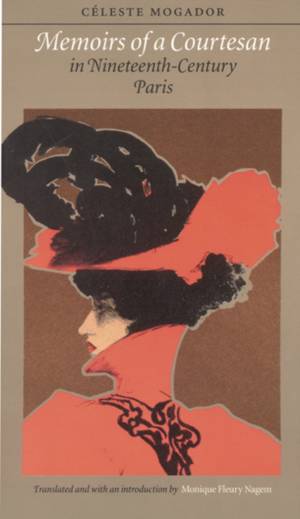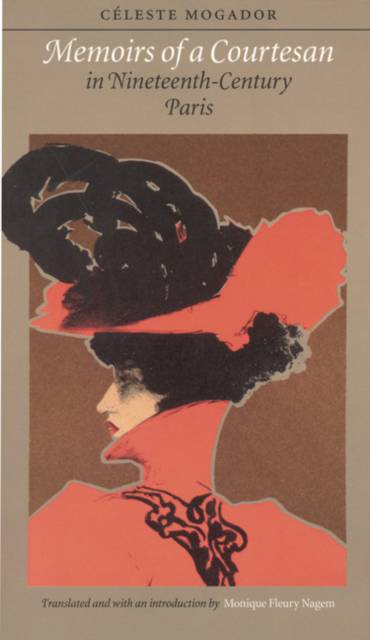
Bedankt voor het vertrouwen het afgelopen jaar! Om jou te bedanken bieden we GRATIS verzending (in België) aan op alles gedurende de hele maand januari.
- Afhalen na 1 uur in een winkel met voorraad
- In januari gratis thuislevering in België
- Ruim aanbod met 7 miljoen producten
Bedankt voor het vertrouwen het afgelopen jaar! Om jou te bedanken bieden we GRATIS verzending (in België) aan op alles gedurende de hele maand januari.
- Afhalen na 1 uur in een winkel met voorraad
- In januari gratis thuislevering in België
- Ruim aanbod met 7 miljoen producten
Zoeken
Omschrijving
When Céleste Mogador's memoirs were first published in 1854 and again in 1858, they were immediately seized and condemned as immoral and unsuitable for public consumption. For a reader in our more forgiving times, this extraordinary document offers not only a portrait of the early life of an intelligent, courageous, and infinitely intriguing Frenchwoman but also an exceedingly rare inside look at the world of the courtesans and prostitutes of nineteenth-century France. Writing to conciliate judges and creditors, Mogador (born Céleste Venard in 1824) explains how with tenacity, wit, and audacity, she managed to escape a difficult childhood and subsequent life of prostitution to become, successively, a darling of the dance halls, a circus rider, and an actress, all the while attracting wealthy young men who vied for her favor. Although her account gives readers a peek into the rakish demimonde made famous by Verdi's opera La Traviata, its greatest value lies in its candid picture of a spunky, self-educated woman who doggedly transformed herself into an esteemed and prolific novelist and playwright, who fell in love with a count and married him, and who made her name synonymous with the bohemian life of the 1840s and 1850s in Paris.
Specificaties
Betrokkenen
- Auteur(s):
- Vertaler(s):
- Uitgeverij:
Inhoud
- Aantal bladzijden:
- 325
- Taal:
- Engels
- Reeks:
Eigenschappen
- Productcode (EAN):
- 9780803282735
- Verschijningsdatum:
- 1/09/2001
- Uitvoering:
- Paperback
- Formaat:
- Trade paperback (VS)
- Afmetingen:
- 150 mm x 226 mm
- Gewicht:
- 498 g

Alleen bij Standaard Boekhandel
+ 69 punten op je klantenkaart van Standaard Boekhandel
Beoordelingen
We publiceren alleen reviews die voldoen aan de voorwaarden voor reviews. Bekijk onze voorwaarden voor reviews.









